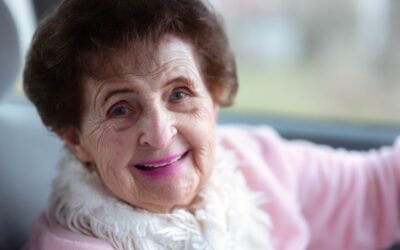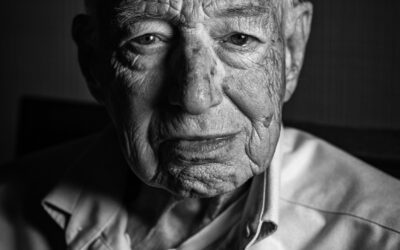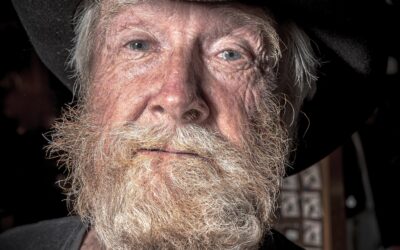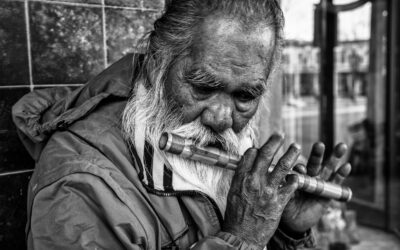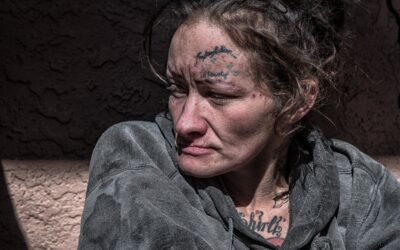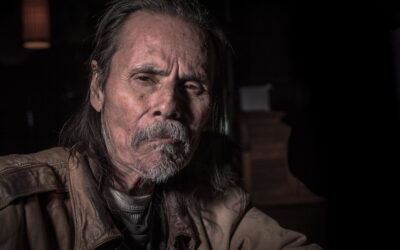I recently shared a picture of my granddaughter Eleanor, Princess Eleanor on Facebook (picture credit goes to my smarter and more attractive sibling, my sister Julie) and I can report with great joy that we are all in agreement: Eleanor is adorable and makes a...
Blog
Miss Donna
Miss Donna. Cairo, Illinois, February 2022. When I decided I was going to chuck it all in early February and take my truck and camper on an open-ended road trip spanning most of the US, I knew that Cairo, Illinois had a spot on my itinerary. My photographer...
RIP Bob Mason
Bob Mason was a Navy Sea Bee who served in the South Pacific in WWII. He enlisted when he was 16 years old. A picture was taken of six United States Marines raising the U.S. flag atop Mount Suribachi during the Battle of Iwo Jima in the final stages of the Pacific...
The Value of Water
Part One When I met Hector I was sitting in my old pickup truck in the middle of a Mexican-American cemetery in Laredo, Texas. I had spent the better part of that hot, dusty morning meandering through the sprawling field of headstones, crosses and colorful...
My encounter with Bob, and his wife
Bob was kicking around the same trading post I was in Bisbee, Arizona and he turned around and asked me what I thought about the hat. I told him I fully approved and he allowed me to take this shot. He asked me if I had the car with the Wisconsin plates outside, and...
That which is closer to us than the air we breathe.
In my travels across the American Southwest, I kept having encounters that made me feel as though a power greater than I was putting people in my path to guide my journey. That’s why I’d like to tell you about my time with Dennis. I was walking around the Plaza in the...
Ghosts Among Us
I call them Ghosts. With the kind of work I do, I see them everywhere. Scurrying around in the shadows, making their way into places we do not go. They don’t make eye contact, they don’t respond to conversation, they are not present when I’m talking to them. The only...
Abe is far from home.
Some stories are easier to tell than others, but in my mind they all need to be told. Such is the story of Abe, a hard one that is not easy to tell. Often when I have an encounter I rush to get it down on paper because it is so easy and fun to tell. Abe’s story is not...


